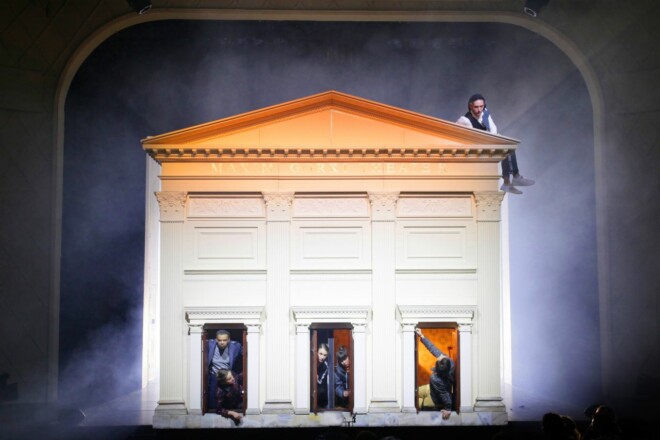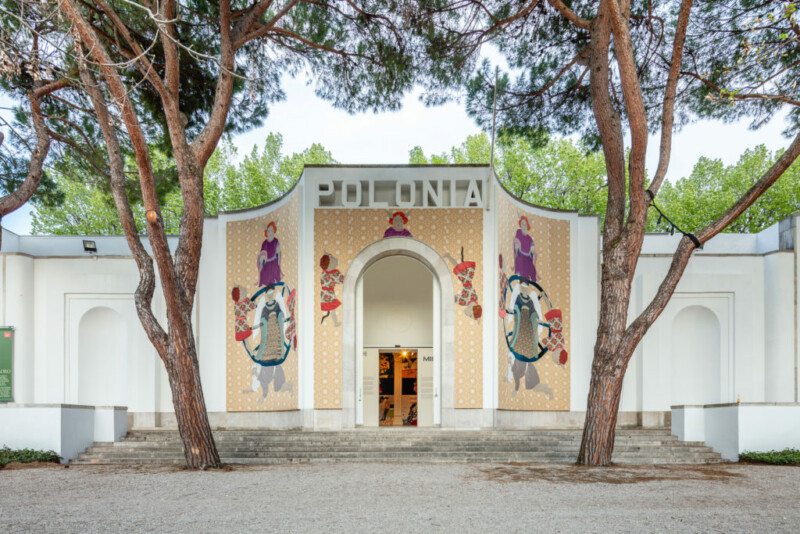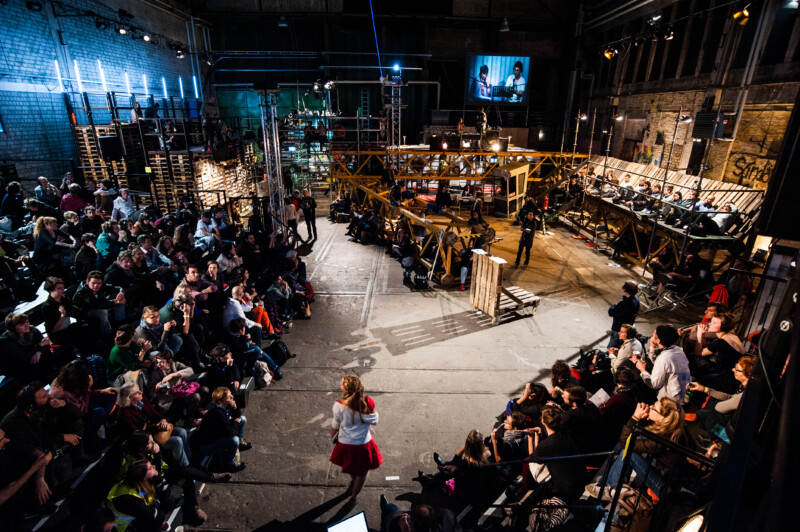Podcast

Currently, there seems to be little divergence among parliamentary parties in Germany regarding migration policies. While phrases like ‘enhanced border control’ or the EU’s efforts to outsource discriminatory treatment of refugees and asylum seekers to former European colonies in Africa may adopt different rhetoric, they ultimately reveal a deeper political consensus. Another unspoken consensus in German mainstream politics involves assigning different values to human lives based on ethnicity, origin, and the geopolitical context in which those lives are threatened or destroyed. Oliver Frljić takes a look at his past artistic work dealing with the expansion of far-right politics into and normalization within the political mainstream. Or, to put it differently: As right-wing extremism migrates to the center of political decision-making, where should we migrate artistically?
Part of Episode XXVIII: “What Is to Be Done? Dealing with New-Right Culture Wars”
With Amelie Deuflhard, Oliver Frljić, Thomas Krüger, Joanna Warsza & Florian Malzacher
17. May 2024 – Haus der Berliner Festspiele, Berlin / Germany
A coproduction with Theatertreffen / Berliner Festspiele
Biography
Oliver Frljić is a Croatian and Bosnian theater director known for his productions that challenge social and political norms. Frequently, his artistic endeavors have found themselves entangled in censorship battles and faced legal repercussions. Notably, during his tenure as the general director of the Croatian National Theatre Rijeka, Frljić received numerous death threats, ultimately leading to his exile from Croatia.
Since 2022, Frljić has served as the co-artistic director of the Maxim Gorki Theatre in Berlin. His current works delve into the aesthetic, political and discursive limits of mainstream German theater, shedding light on the cultural stereotyping and exoticism often cloaked under the guise of diversification within the German cultural landscape.
Links
Deutschlandfunk Kultur “Fazit”: Art of Assembly XXVIII (n German):





